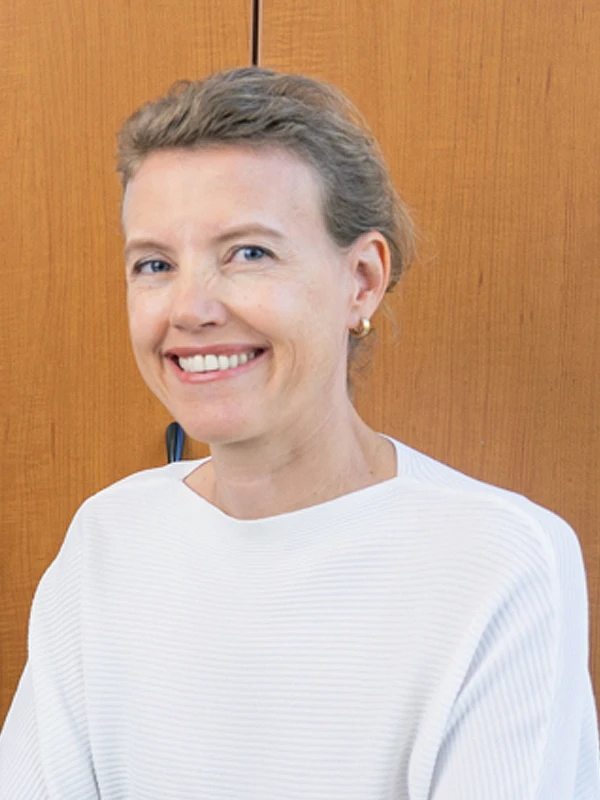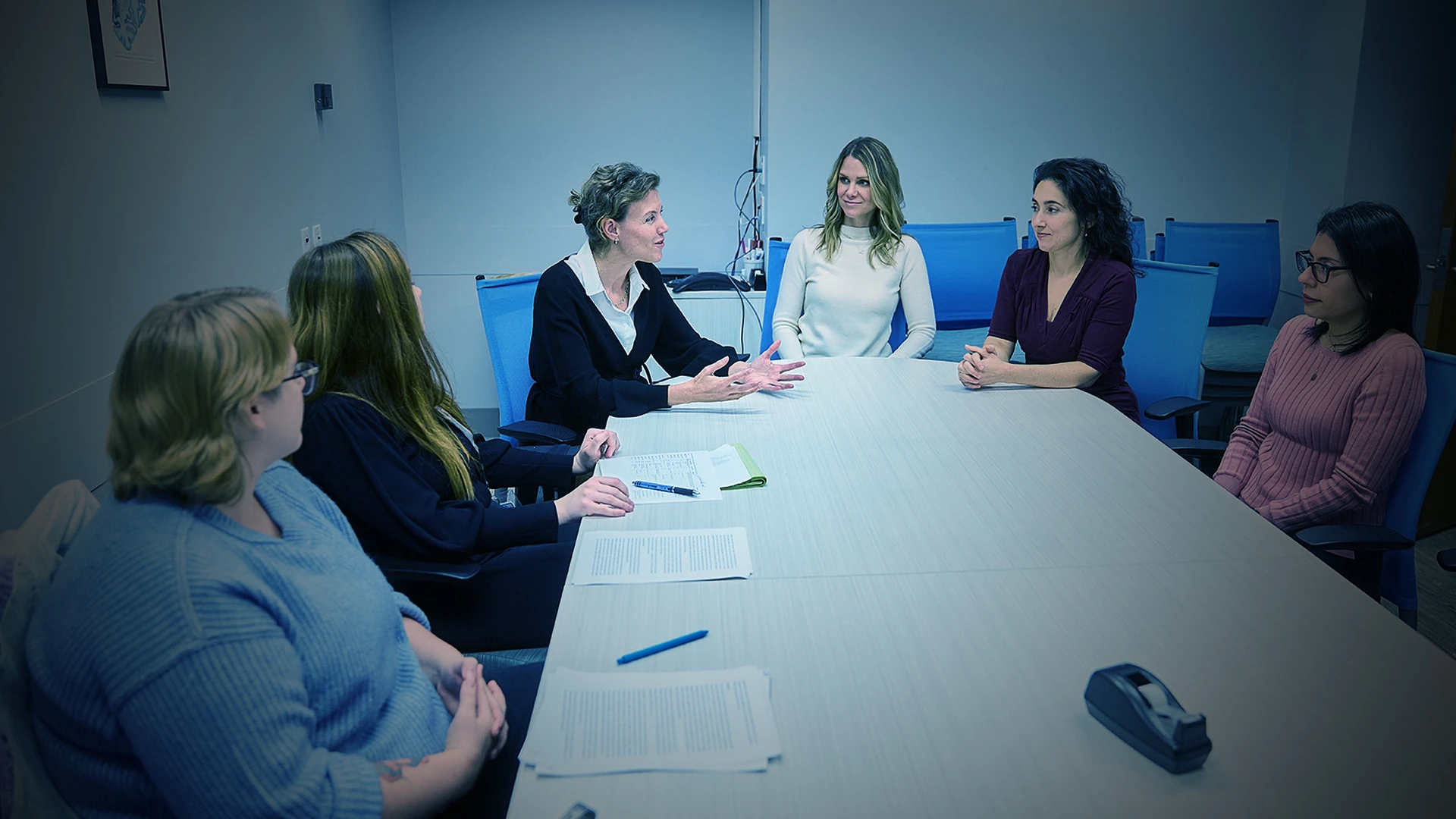Postpartum psychosis leaves a devastating impact on mothers in the vulnerable weeks and months after childbirth, carrying increased risk of suicide and infanticide if left untreated. However, the disorder remains vastly understudied, and a challenge for physicians to diagnose and address.
Given the rarity of this rapid-onset condition, it doesn’t even command separate recognition in the Diagnostic and Statistical Manual of Mental Disorders (DSM). It is instead identified by codes of its blend of symptoms, including psychotic delusions, manic behavior, and cognitive disorganization and confusion.
A Mount Sinai study is lifting the veil for the first time on this serious emergency. While past research has linked postpartum psychosis to familial risk, the new study, which has been accepted for publication at a pending date, provides robust evidence of increased risk in full siblings—typically between sisters—suggesting both genetic and shared environmental influences.
“We learned from studying a large cohort of women that a mother is greater than 10 times more likely to develop postpartum psychosis if her sister had the condition, compared to a mother whose sister didn’t,” says co-senior author Veerle Bergink, MD, PhD, Director of the Women’s Mental Health Center at Mount Sinai. “These findings underscore the exceptional familial and potentially genetic predisposition in cases of postpartum psychosis, even higher than with schizophrenia and bipolar disorder.”
Finding sufficient participants for a condition that occurs in only 0.15 percent of the general population can be challenging. To overcome that, the Mount Sinai team tapped into Sweden’s nationwide registries, identifying 2,514 women who had experienced postpartum psychosis within three months of their first childbirth for the study.

Dr. Bergink and members of her team had to tap Sweden’s nationwide registries for the study, as postpartum psychosis is a rare condition that affects about 0.15 percent of the general population. With the larger sample size, the team found that a mother is greater than 10 times more likely to develop postpartum psychosis if her sister had the condition.
The study measured relative recurrent risk for the disorder, which implies increased likelihood of its appearance in another member of the family. This differs from actual risk, which refers to the probability of developing the condition. Researchers learned that while the relative recurrent risk of postpartum psychosis is quite high in full siblings, the absolute risk for women with an affected sister is still low at 1.6 percent.
According to Dr. Bergink, diminished absolute risk should not divert attention from the fact every woman of childbearing age needs to know about the existence, severity, and symptoms of postpartum psychosis. “Women and their physicians need to be aware of the early signs of the disease so it can be promptly diagnosed and, hopefully, prevented,” she emphasizes.
Among the early warning signs of postpartum psychosis in the first week following delivery are severe mood swings, hallucinations, disorganized thinking, insomnia, and thoughts of self-harm. “We should be doing things to ease the burden on these women during the postpartum period, such as ensuring they get more rest or, if they’re bottle-feeding, having their partner take over the nighttime feeding,” says Dr. Bergink. “Too many women at higher risk are left on their own with a new baby and no support.”

The next steps for the team include finding a genetic basis for postpartum psychosis and working on prevention strategies, says Behrang Mahjani, PhD, Assistant Professor of Psychiatry at the Icahn School of Medicine at Mount Sinai (left). His lab is exploring mechanisms and triggers of postpartum psychosis, and their ties to hormonal pathways and the immune system.
Lithium and antipsychotic drugs work really well, and if a woman is pregnant with her second child and had postpartum psychosis after the first, for example, she should definitely start medication right after delivery, says Dr. Bergink. Or, if a woman has manic depressive illness or bipolar disorder, she should consult with a reproductive psychiatrist while pregnant to try to prophylactically prevent the condition by starting medication during pregnancy or after delivery.
Beyond expanding awareness around postpartum psychosis, Mount Sinai’s study is building a solid foundation for the next step of research, aimed at early recognition and prevention. That involves identifying the genes responsible for the disease—work already underway in the lab of Behrang Mahjani, PhD, Assistant Professor of Psychiatry at the Icahn School of Medicine at Mount Sinai, and co-senior author of the American Journal of Psychiatry study.
“We’ll be using complex molecular data to investigate the genetic architecture of the disease,” says Dr. Mahjani. “Knowing what specific genes are involved will help us dive into the mechanisms and triggers of postpartum psychosis, and if they’re hormone- or immune-related. And that, in turn, could lead us to novel treatments and ways to proactively inform women of their risk before they’re faced with a severe health crisis.”
Featured

Veerle Bergink, MD, PhD
Director of the Women’s Mental Health Program; Professor of Psychiatry, and Obstetrics, Gynecology and Reproductive Science

Behrang Mahjani, PhD
Assistant Professor of Psychiatry
